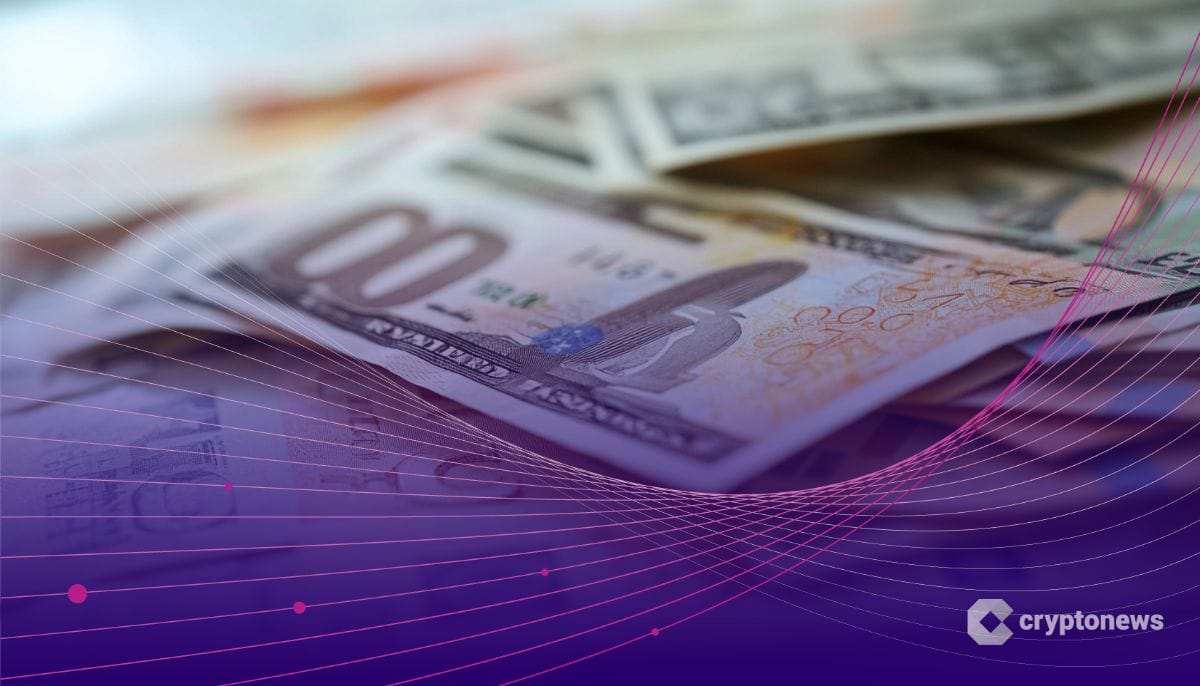Last updated:
 Why Trust Cryptonews
Why Trust Cryptonews

The Hong Kong Monetary Authority (HKMA) has issued a stern warning to crypto firms, cautioning against the misuse of the term “bank” in their marketing and operations within Hong Kong.
This follows reports that two overseas-based crypto companies engaged in activities that falsely implied they were licensed banking institutions.
The HKMA emphasized that such actions could mislead the public and violate the region’s Banking Ordinance, which tightly regulates the use of banking terminology.
Hong Kong Crypto Firms: Can they be Categorized as Banks?
The HKMA’s alert comes in response to incidents involving two overseas crypto firms operating in Hong Kong.
One of these firms claimed to be a “bank,” while another described one of its products as a “bank card.”
According to the HKMA, these representations risk creating false perceptions among consumers that these firms are regulated entities authorized to provide banking services in Hong Kong.
Under Hong Kong’s Banking Ordinance, only institutions authorized by the HKMA, including licensed banks, restricted license banks, and deposit-taking companies, can legally describe their operations or products with the term “bank.”
“Other than licensed banks in Hong Kong, it is an offence for any person to use the word “bank” in the name or description under which the person carries on business, or makes any representation that the person is a bank or is carrying on banking business in Hong Kong.”
Unauthorized use of this term constitutes a criminal offense.
The central bank stressed that unlicensed crypto firms are not under its supervision and warned the public to verify claims made by such entities carefully.
The HKMA noted that the misuse of banking terminology undermines trust in the region’s financial ecosystem and could expose consumers to significant risks.
This concern is amplified by the growing number of crypto firms entering the Hong Kong market as the city seeks to establish itself as a leading global crypto hub.
Legal Framework and Public Guidance
The central bank clarified that authorized institutions are the only entities permitted to carry out banking or deposit-taking businesses in the region.
Beyond this, any entity using “bank” in its branding or marketing without proper authorization risks legal action.
To protect consumers, the HKMA directed the public to its Register of Authorized Institutions, a comprehensive online database for verifying the credentials of entities claiming to provide banking services.
Additionally, it encouraged individuals with concerns to reach out via its Public Enquiry Service hotline.
Misleading representations not only jeopardize consumer trust but also threaten the reputation of Hong Kong’s financial system, which is renowned for its rigorous regulatory oversight.
The country strictness towards crypto stir from the growing risks posed by it. Recently, Hong Kong police dismantled a sophisticated crypto romance scam syndicate that defrauded victims out of $46 million across multiple countries.
Using advanced deepfake technology, the syndicate created convincing personas with AI-generated images and manipulated video calls to lure victims—primarily men—into fake romantic relationships.
Victims were then persuaded to invest in bogus cryptocurrency platforms, reinforced by fabricated transaction records showing fake high returns.
Arrests included 27 individuals, some earning up to $266,000 monthly from the scheme.
Amid all these, Hong kong is balancing between regulation and innovation well.
Hong Kong’s Securities and Futures Commission (SFC) has recently issued its third crypto exchange license under the its new regulatory framework, granting approval to HKVAX following earlier licenses awarded to OSL and HashKey.
With 11 additional platforms under review, the SFC aims to grant more licenses by year-end after conducting inspections to ensure compliance with regulatory standards.




